Assisted Living/Nursing Homes AED Requirements and Laws
Automatic external defibrillator (AEDs) can save lives no matter your age or location. Many individuals that are in assisted living and nursing homes are at a higher risk of suffering sudden cardiac arrest due to the likely hood they are over the age of 85. This makes it crucial to understand the importance of having an AED on site. This population, already at risk with multiple health conditions can still rely on an AED to deliver an electrical shock to correct an abnormal heart rhythm that can kill a person within minutes if left untreated.
Many senior living options, assisted living, and nursing homes in some states already require laws and regulations on having an AED on site. If your facility does not require an AED or you are unsure check out our list of states that have assisted living/nursing AED requirements and laws.
Which States have Assisted Living/Nursing Home AED Requirements and Laws?
Note: The information on this page is intended to educate readers on the general topic of AEDs and AED legislation. AED.com does not guarantee completeness or accuracy of any AED law interpretation, summary, or listing. This information is intended to be a summary of general facts and not legal advice or a means to check compliance. For assistance interpreting and determining AED law compliance in your state, please contact us.
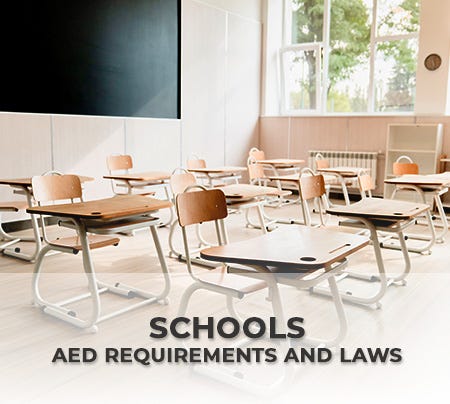

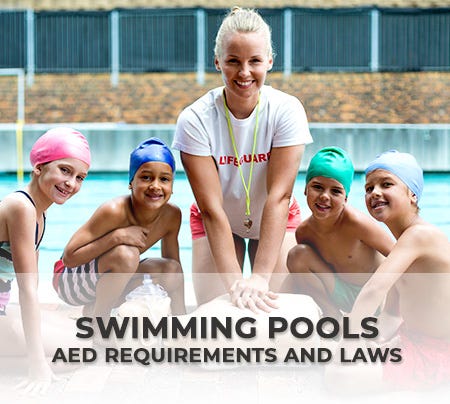

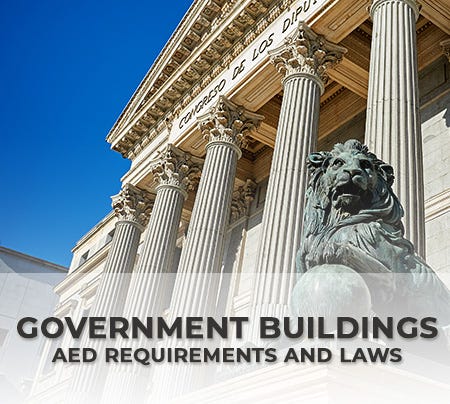
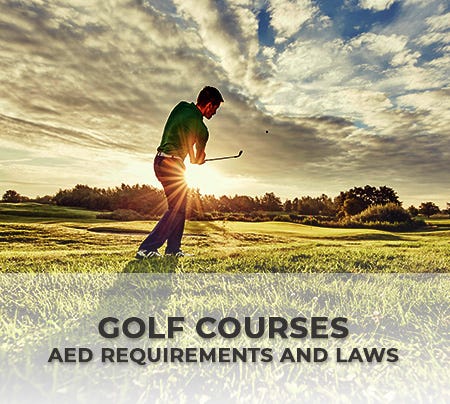
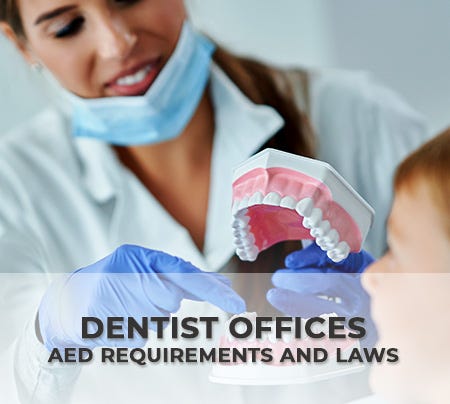
 CALL US:
CALL US: